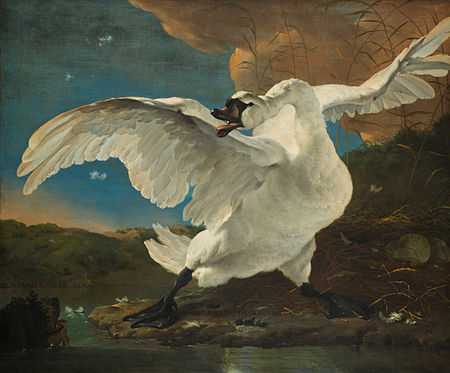Apologies for the lengthy silence. I’ll tell you all about it at another time. For now, in light of the passing of Leonard Cohen, here is a piece I wrote for The Dabbler five years ago.
Cohen tells us, in his song Suzanne, that “there are heroes in the seaweed”. Oh really?, I asked myself, not without a dash of skepticism, And what precisely would heroes be doing, disporting themselves in the sargassum and the kelp? Still, one does not wish to dismiss out of hand the words of a figure of such stature, so I summoned my sidekick and went to investigate.
Out by the aerodrome, we boarded a charabanc heading for the seashore, but not before arming ourselves each with a long and pointy stick. These, I explained to my somewhat dim sidekick, we would use to poke about the seaweed in search of heroes. He seemed satisfied with this intelligence, but as the charabanc gathered speed crossing the wild and windy moors, he babbled questions at me.
Which particular heroes were they, that were to be found in the seaweed? Heroes of Ancient Greece, such as Heracles and Theseus and Jason and Bellerophon? Tragic heroes such as Orestes and Oedipus and Hamlet? Byronic heroes? Guitar heroes? Boys’ Own Paper heroes? Or modern-day superheroes such as Batman and Spiderman and Unconscious Squirrel!, The Unconscious Squirrel? Or would we find, entangled in the seaweed, representatives of all these types of hero, and more? And were they trapped in the seaweed, struggling heroically to escape from it, or had they made it their natural habitat, nesting in it, as it were, even perhaps feeding off it?
I was fairly sure Cohen had not addressed these questions in his song, but to be on the safe side I decided to listen to it again. Pointing out of the charabanc window at a flock of starlings to distract my sidekick’s attention and shut him up, I jammed into my ears the tiny headphones of my iLeonard and pressed “play”. Precisely three minutes and forty-nine seconds later, I removed the headphones and turned to my sidekick, who was still staring out of the window, mouth open, dribbling, though the starlings had long vanished, and the only bird visible in the sky was a lone lark, or it might have been a swift or even an avocet. I know nothing of ornithology.
“Cohen does not expand upon his assertion,” I said, “So we shall have to poke about with our long pointy sticks and see what we shall see. First, though, I think we are both in need of refreshments, so we shall stop at the seaside kiosk for some tea and oranges that come all the way from China.”
My sidekick was happy with this suggestion, and he grinned. It is never a pretty sight, so I closed my eyes. Earlier that day I had climbed a whole mountainside to wash my eyelids in the rain, which had puffed me out something awful, and no sooner were my eyes shut than I fell into a snooze.
When I woke the charabanc was parked in a lay-by at the seashore. I was the only passenger still aboard. Even my sidekick had gone. I disembarked and made my way to the kiosk, where I was sure I would find him stuffing his gob with Chinese oranges. The kiosk was bolted and shuttered, but by following a trail of spilt tea and strips of Chinese orange peel I soon tracked down my sidekick. He was squelching about in a tide pool, poking his long pointy stick into it.
“Have you speared any heroes?” I called.
“Nope,” he replied, “Just sculpins and killifish and blennies and yellow spongefish and sea stars and sea cucumbers and sea urchins and sand shrimps and lobsters and crabs and hermit crabs and green-lined shore crabs and barnacles and nudibranchs and chitons and mussels and scallops and abalones and limpets and snails. Oh, and a sea anemone.”
“No sign at all of Orde Wingate or Captain James T Kirk, to pluck but two heroes at random?”
“Nope.”
I went to sit on a slimy boulder. It occurred to me that heroes might be more likely to swim about in the open sea, festooned with seaweed like mermaids. We would have to hire a rowing-boat to extend our quest. It also occurred to me that it would be cheaper, and far less tiresome, to conclude that Cohen had no idea what he was talking about.
“Come, sidekick,” I called, “Throw away your long pointy stick and let us catch the charabanc home before darkness falls.”
And so we did, but we never made it home. For long before we reached the bus stop by the aerodrome, the charabanc driver killed the lights in a lonely lane and an ape with angel glands erased the final wisps of pain with the music of rubber bands.

